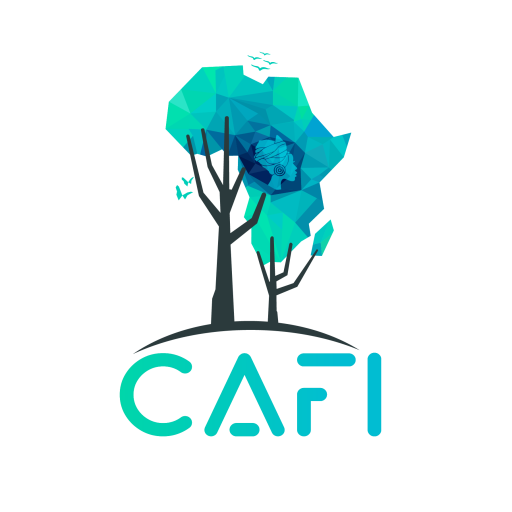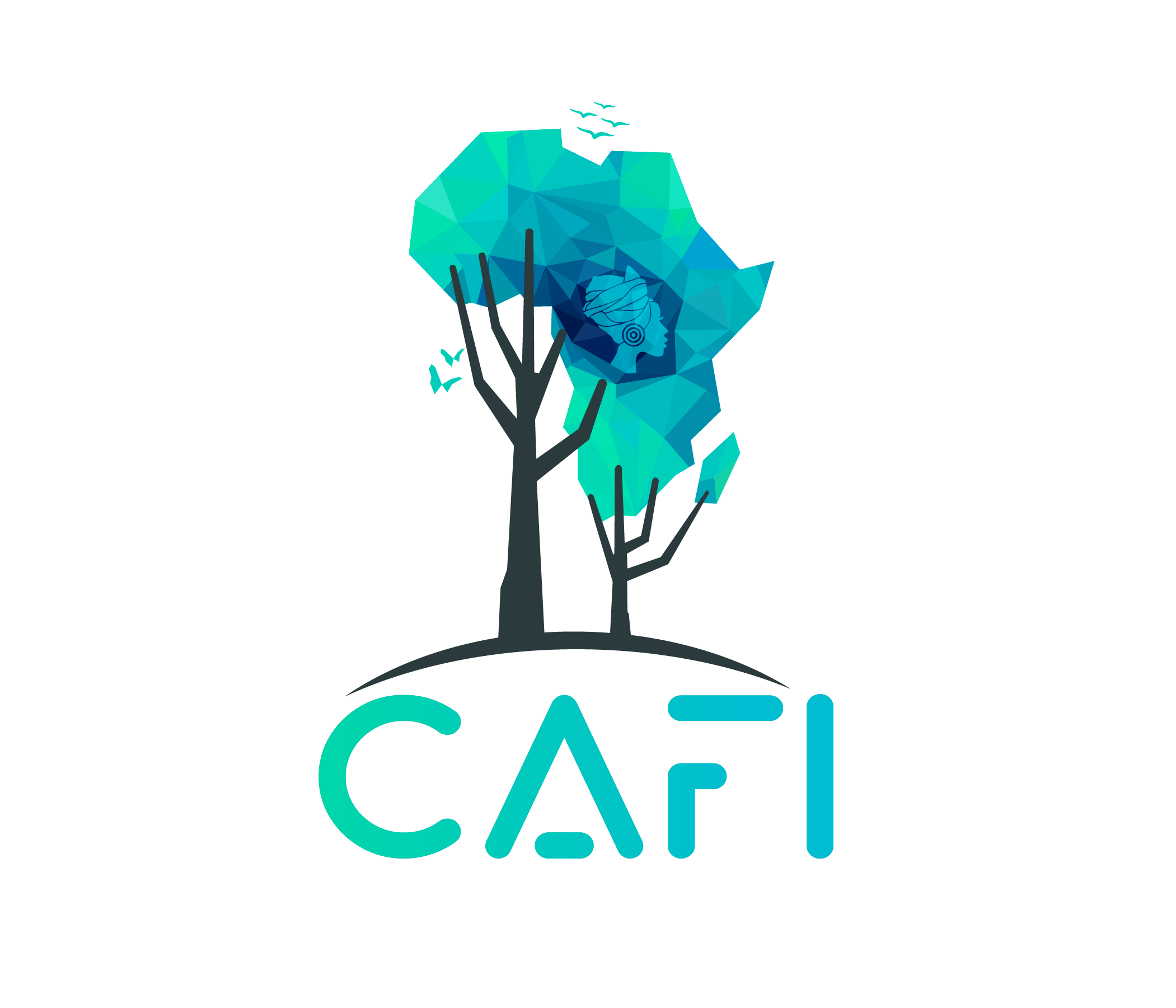Contrary to popular belief, Lorem Ipsum is not simply random text. It has roots in a piece of classical Latin literature from 45 BC, making it over 2000 years old. Richard McClintock, a Latin professor at Hampden-Sydney College in Virginia, looked up one of the more obscure Latin words, consectetur, from a Lorem Ipsum passage, and going through the cites of the word in classical literature, discovered the undoubtable source. Lorem Ipsum comes from sections 1.10.32 and 1.10.33 of “de Finibus Bonorum et Malorum” (The Extremes of Good and Evil) by Cicero, written in 45 BC. This book is a treatise on the theory of ethics, very popular during the Renaissance. The first line of Lorem Ipsum, “Lorem ipsum dolor sit amet..”, comes from a line in section 1.10.32.
Document Details
Documents not available.
Frequently Asked Questions
The Central African Forest Initiative (CAFI) is a multi-donor initiative that supports six Central African countries in achieving the objectives of the Paris Climate Accords and the Post-2020 Biodiversity Framework, eliminating poverty and working towards sustainable development.
This support materializes through enabling, reform and on-the-ground programmes, coupled with high-level political dialogue. CAFI currently has nine donors: the United Kingdom (current Chair), Germany, Belgium, South Korea, France, Norway, the Netherlands, Sweden, and the European Union. CAFI is both a public trust fund and a platform for political dialogue. CAFI engages with the countries of Central Africa through Letters of Intent which set political objectives in exchange for financial support.
To date, CAFI has signed letters of intent with the DRC, Gabon and the Republic of Congo. Cameroon signed the CAFI Joint Statement in 2015, but the country has yet to sign a Letter of Intent (LOI) as the basis for broader CAFI engagement.
By letter dated January 18, 2022, the Presidency of Cameroon confirmed that MINEPAT is officially mandated to coordinate the partnership with CAFI which will be implemented in several phases as follows:
- Start-up phase (2024-2026)
In order to prepare the ground for the negotiation and signing of a long-term partnership between Cameroon and CAFI, the partners have decided to carry out a three-year pilot phase. Its objective will be to strengthen the capacities of national authorities and Decentralized Territorial Collectivities (CTD) for strengthened and inclusive intersectoral and multi-level coordination, and for strategic and spatial planning, to move towards a “Green Economy” in close line with the objectives and strategic axes of the National Development Strategy 2020-2030 (SND30) and the Rural Sector Development Strategy and the National Agricultural Investment Plan 2020-2030 (SDSR/PNIA 2030).
A series of projects will be implemented during this phase (see next section on the process of developing investment projects as part of the start-up phase of the CAFI-Cameroon partnership).
- Engagement phase (2026-2030)
Using the resources provided to the Government of Cameroon through a cross-sector and multi-level coordination support project of the partnership (the subject of this MAI), the engagement process takes place as follows:
– The Government of Cameroon defines policy commitments in line with SND30 and sectoral strategies with relevant outcomes/milestones to reduce/minimize deforestation and forest degradation associated with the development of competitive Cameroonian commodity value chains that ensure food security .
– The Government of Cameroon is preparing a plan comprising a series of projects or programs with detailed cost estimates for the implementation of these political commitments.
– The CAFI Board of Directors makes funding commitments based on the political commitments of the Government of Cameroon and the cost estimate presented as part of the planning.
- Scale-up phase (beyond 2027)
In their cooperation, the partners intend to seek a proportional and progressive increase in funding, actions and the achievement of milestones/results, which is why the engagement process described above will be repeated over time.
Additional funding may be allocated to Cameroon on the basis of demonstrated needs to implement its political commitments and/or strengthen existing projects/programmes with demonstrated results.
The objective of the AMIs is to select the implementing organisations that will support the Government of Cameroon in the implementation of the projects of the start-up phase of the Partnership between CAFI and Cameroon.
Each candidate must meet the guidelines set by the following documents:
- The Call for Expression of Interest (EoI) specifies the general and specific conditions relating to submissions,
- The completed Note for Expressions of Interest (see template in link above),
- The questionnaire to be completed by UN implementing agencies regarding eligibility to access CAFI funding attached to the EoI (if applicable), and
- The summary of the pilot projects/programs for the start-up phase can be found in the annex of the EoI.
Applications are made in the form of Notes of Expression of Interest, with a view to developing a pre-identified project or program proposal (see ‘Summary of pilot projects/programmes for the start-up phase’ found in the EoI).
The submission of a Note of Expression of Interest shows a party is interested in bidding for the implementation of CAFI funding in support of the implementation of one pre-identified project or programme. Submission of one Note per project is required (please do not submit one note for more than one project).
Bidders or bidding consortia may be the following entities, in accordance with CAFI’s legal framework:
- UN Agencies ;
- The World Bank ;
- Entities of International Bilateral Cooperation (such as KFW, ENABEL, AFD, GIZ, USAID, JICA, SNV, etc.) already accredited with CAFI;
- International Non-Governmental Organisations (INGOs) or international research institutes (non-profit), provided that they meet the following criteria:
- Have a collaboration agreement with Cameroon, or be in the process of obtaining this agreement or commit to obtaining it because they are able to present all the characteristics required to do so;
- Have carried out projects with a total cost of at least 5 million USD in Cameroon or in the Congo Basin region over the last 5 years (Equivalent experience in other tropical regions may also be considered);
- Demonstrate a low level of fiduciary risk based on an independent United Nations standard assessment such as HACT (Harmonized Review for Cash Transfer); This HACT assessment may be carried out after the selection of the expression of interest but must be carried out before any finalization of the legal agreement and transfer of money;
- Demonstrate a positive assessment of the entity’s procedures to address sexual abuse and to address environmental and social safeguards;
CAFI encourages the formation of capacity consortia, particularly between implementing organisations with direct access to CAFI funds as well as those without.
CAFI also strongly encourages the mapping or pre-identification of national organisations as local executing agencies and/or the development of approaches and operational arrangements allowing part of the activities to be delegated to national implementation modalities, thereby strengthening local actors and in a logic of sustainability. This should be noted in the responses to the expressions of interest when possible and relevant but especially at the stage of formulation of complete project proposals. In this case, the feasibility studies will include the capacity building programme, in particular fiduciary, allowing the application and rigorous supervision of the management of activities.
No related content

